The naira should be floated to find its exchange rate value on the market if Nigeria’s economy is to become productive, instead of relying on oil revenues, a dependency that has plunged our country and our citizens deeper and deeper into fiscal bankruptcy and individual poverty. Ending the elusive quest for a “strong” currency when the economic fundamentals do not support it will be painful in the short run (we have already undergone several years of devaluations forced by these fundamentals, so what’s new?) but will be beneficial in the longer term.
The notion of an artificially strong currency remains attractive for three fundamental reasons: 1. We are fundamentally an import economy, and imports are priced in dollars and other “reserve” currencies in international trade. 2. There is a lack of economic knowledge both in policy-making governance circles and in the wider population. 3. Based on the two factors earlier cited, politicians want to remain “popular” and lack the political will to do what is required to set the economy on a truly productive path. Some “technocrats”, for self-serving reasons, sing and clap along instead of providing the necessary advice and guidance.
In taking this approach, as well as others such as subsidies on consumption instead of on production, structural poverty has been entrenched in Nigeria and the Nigerian economy has remained uncompetitive in a global context, for far too long.
To measure the naira only relative to the dollar and other foreign currencies is to miss a fine point – that it matters as well to differentiate what the naira equivalent of one dollar can buy in Nigeria from what one dollar can buy in America-what economists call “purchasing power parity” – what your currency can purchase for you in your national market as a way to measure GDP and GDP per capita. This approach to measuring economies arose because sometimes currencies are manipulated, and so measuring against such currencies may not yield a fully accurate picture. As someone so brilliantly put it on a WhatsApp post I read, “in the US, a dollar may not buy you more than a bottle of water, while N500 will buy you a pack of 12 of the same bottles of water in Nigeria!”
Advertisement
Because we are an import economy, we want to maintain an artificially strong naira/dollar exchange rate, to subsidize the import habit of our elite, or our ability to pay school fees of our wards abroad – understandable, given the decline of education in Nigeria, but not the solution to a problem that needs to be fixed.
We produce and export nothing that is value-added. Over 90% of our forex comes from oil. When an economy lacks “complexity” (value-added manufacturing as a ratio of GDP) but depends on exports of natural commodities or minerals, the exchange rate value of its currency is determined almost exclusively by the level of its foreign reserves, which accrues mainly from income from such commodity or resource exports. These reserves determine how many months of imports such a country can pay for.
So when oil prices are high for a long period, the reserves swell, and the (say) naira value relative to foreign currencies rises. When the oil price crashes, our reserves are depleted. When reserve levels indicate that a country’s ability to pay for up to six imports is threatened, market forces weaken the strength of the currency (naira in this instance). The value of the currency crashes, because that value is not underpinned by diversified exports that earn revenues as is the case with mature economies. If oil were $100 per barrel for a long period, for example, and our reserves rose to $80 billion, the naira value relative to the dollar will go up. But we have little control over the vagaries of the oil price.
Advertisement
Commodity dependence therefore exposes a country to currency instability except the country builds up huge reserves (eg Saudi Arabia and the Gulf countries which long ago invested heavily in oil refining AND have huge sovereign wealth funds (we arrived at the sovereign wealth party about 40 years late!) in addition to exporting crude. It is OBVIOUS in such cases that there is backing for that legal tender in terms that are relevant internationally. The naira is not so fortunate because our economy is “naked” and globally uncompetitive.
What all this means is that the Central Bank of Nigeria’s efforts to “defend” the naira are like Sisyphus rolling the proverbial huge boulder up the hill, only for it to surely come rolling back down, economically speaking. It weakens the very value of the naira it is defending because the dollar supplies come from the external reserves, but is politically “expedient” because it creates an impression of patriotic nationalism. By the end of the first quarter of 2020, for example, the Bank is reported to have spent approximately $4 billion on naira Defence in the forex market by supplying the market with dollars.
But it’s all just populism. Foreign investors have exited, and forex is not coming in as investments aren’t at a level that can create confidence.
So the only way to reposition our economy is to shift it from an import-oriented one to one that is export-oriented. For as long as CBN continues to subsidize the value of the naira this will not happen, because they are creating incentives for an import orientation.
Advertisement
Forex “ban” makes the matter worse. Local productivity often is not enough to meet the gap in demand for the previously imported products. Smuggling booms. Meanwhile, in a frontier economy, “cabals” have reportedly had access to the naira at CBN rates, so they obtain huge amounts of subsidized dollars, and turn around to sell the dollars at the street market rates with huge profits. Arbitrage reigns. The black market booms.
But if CBN devalues the naira decisively rather than tentatively, or allows it find its value in the market, this will create an incentive to manufacture locally and EXPORT in order to earn forex. Because imports become more expensive.
But other policies must accompany this approach. The absence of those policies is why series of devaluations have not solved the problems, but only import inflation. This is death by a thousand cuts.
The necessary accompanying policy thrust is trade policy. Instead of forex bans, anyone should be able to import (yes, they will need forex to do so)but slap high tariffs (revenues for the government!) on imports deemed luxury items. Policy support should be provided to enable local production of such goods to be cheaper than foreign imports. That way, rich people can buy expensive imported goods, poorer people can buy cheaper “local-made”. More exports, more forex, and eventually the value of the naira stabilizes. The “cheap” exchange rate of the naira (from the perspective of foreign trade partners) will lead to greater orders of Nigerian manufactures, which = more forex earnings. Foreign investors seeking profit will also flood the country that is seen as a large and profitable market with dollars because the market is “open” and trade transparent. This will also help stabilize the naira.
Advertisement
But this is difficult when Nigeria is being mortgaged to a country like China. If our government treats China as a financial lifeline, can we slap the appropriate tariffs on imports from China which are so cheaply produced that it makes production in Nigeria uncompetitive? This is part of a broader problem of the absence of a worldview that includes a strategy to rise in the world, including economically.
Ideally, citizens should be well prepared, communicated to and educated about these kinds of necessary reforms. And we know that vested interests will often seek to short-circuit such reforms to still game the system. It’s like highway robbery on an unsafe road. You may be OK in the early part of the journey, but could (God forbid) run into robbers in the last mile. The role of vested-interest rent-seeking in Nigeria’s economy has been a dominant one for far too long. The phenomenon is not unique to Nigeria, but that’s no excuse. Our concern is about our country and our people and creating an enabling environment for real development. Getting right the balance betweeen the role of the state and that of markets is one of the most important factors in development. I hope that, as President Muhammadu Buhari pursues the Vision 2050, we can get these fundamentals right.
Advertisement
Views expressed by contributors are strictly personal and not of TheCable.
1 comments

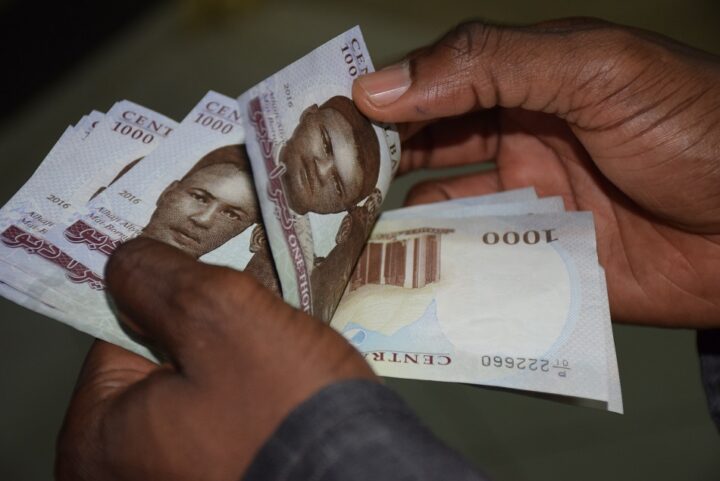
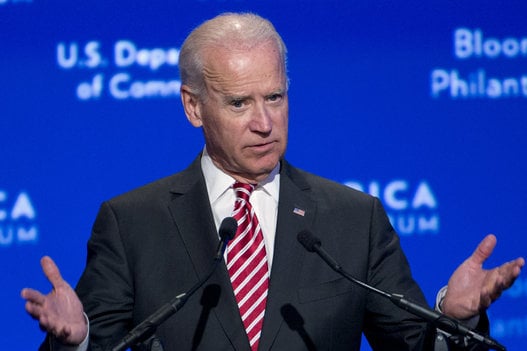
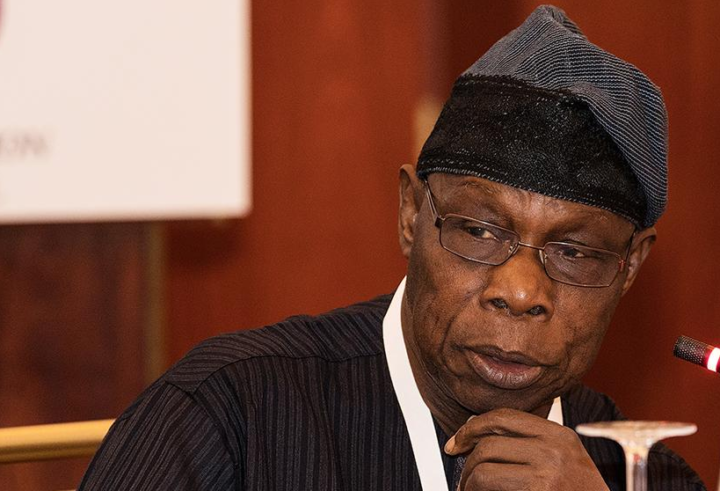
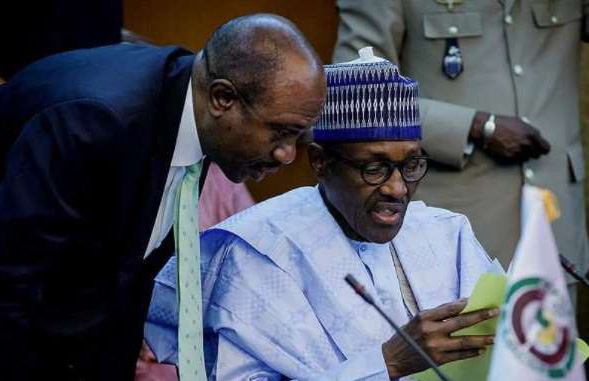
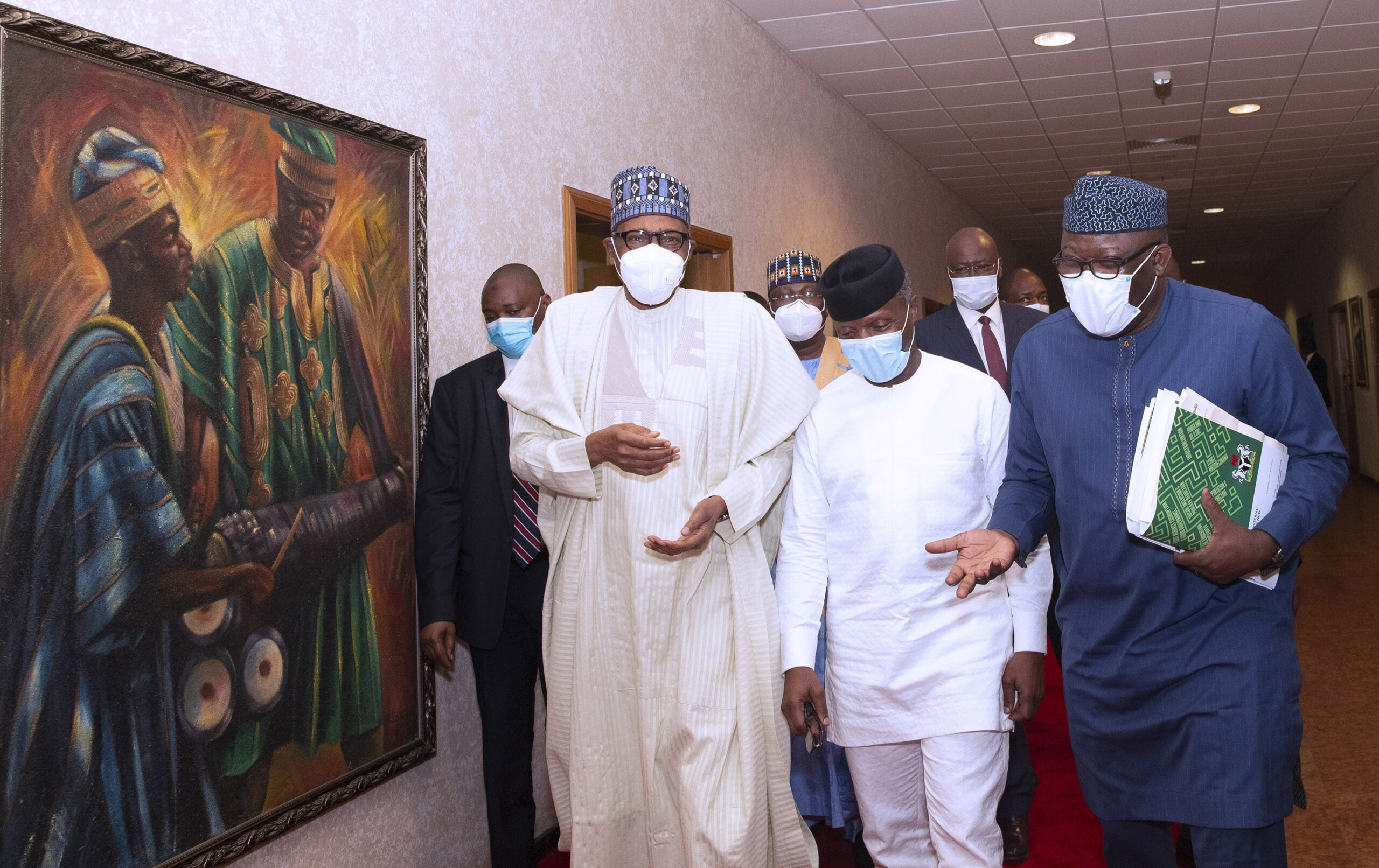
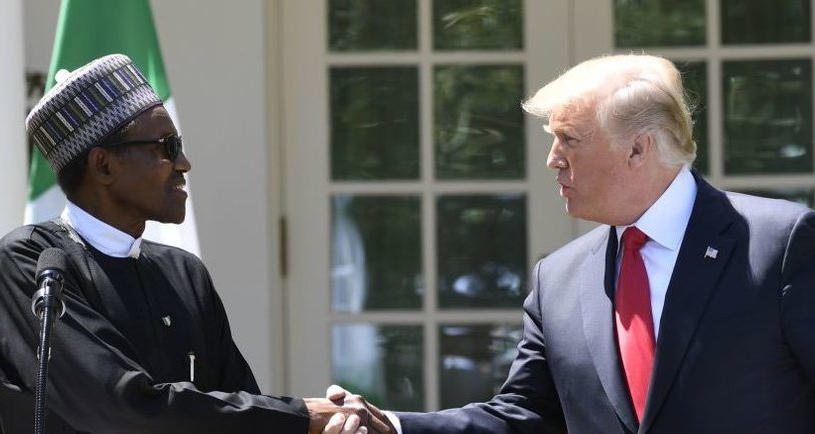
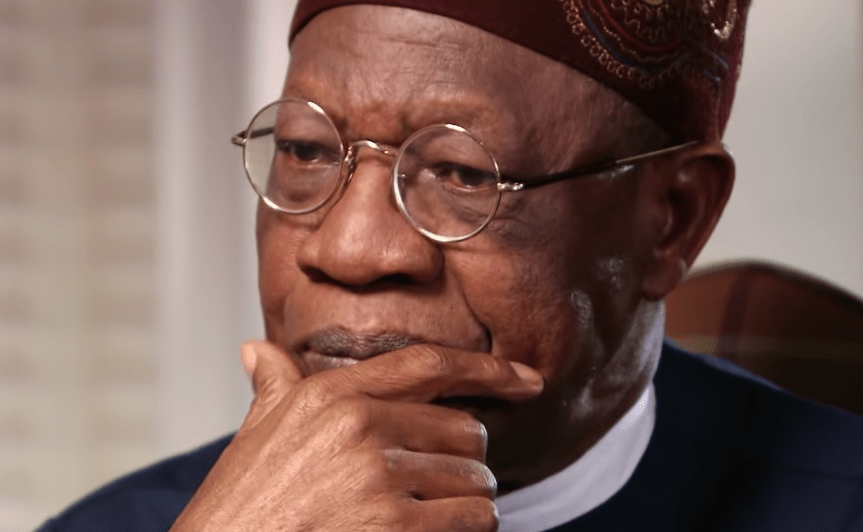
Dear ,Kinsley Moghalu,
With profound respect and professional courtesy
I would like to ask why these laudable ideas were not implemented by the government you served under as the deputy governor of the Central Bank of Nigeria and why the government at that time didn’t save the excess crude revenues from the $100 per barrel ,to help shore up the foreign reserves.
It noted that the Nigerian elite class only speak the truth to power when out of the office.
It is unlikely that anyone will listen you based on on the fact that you had the best opportunity to make the needed change but didn’t.